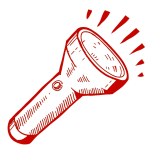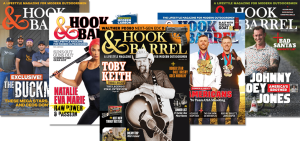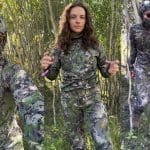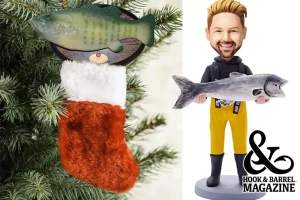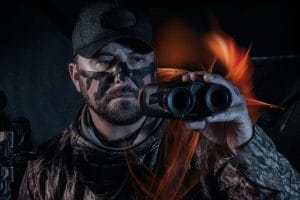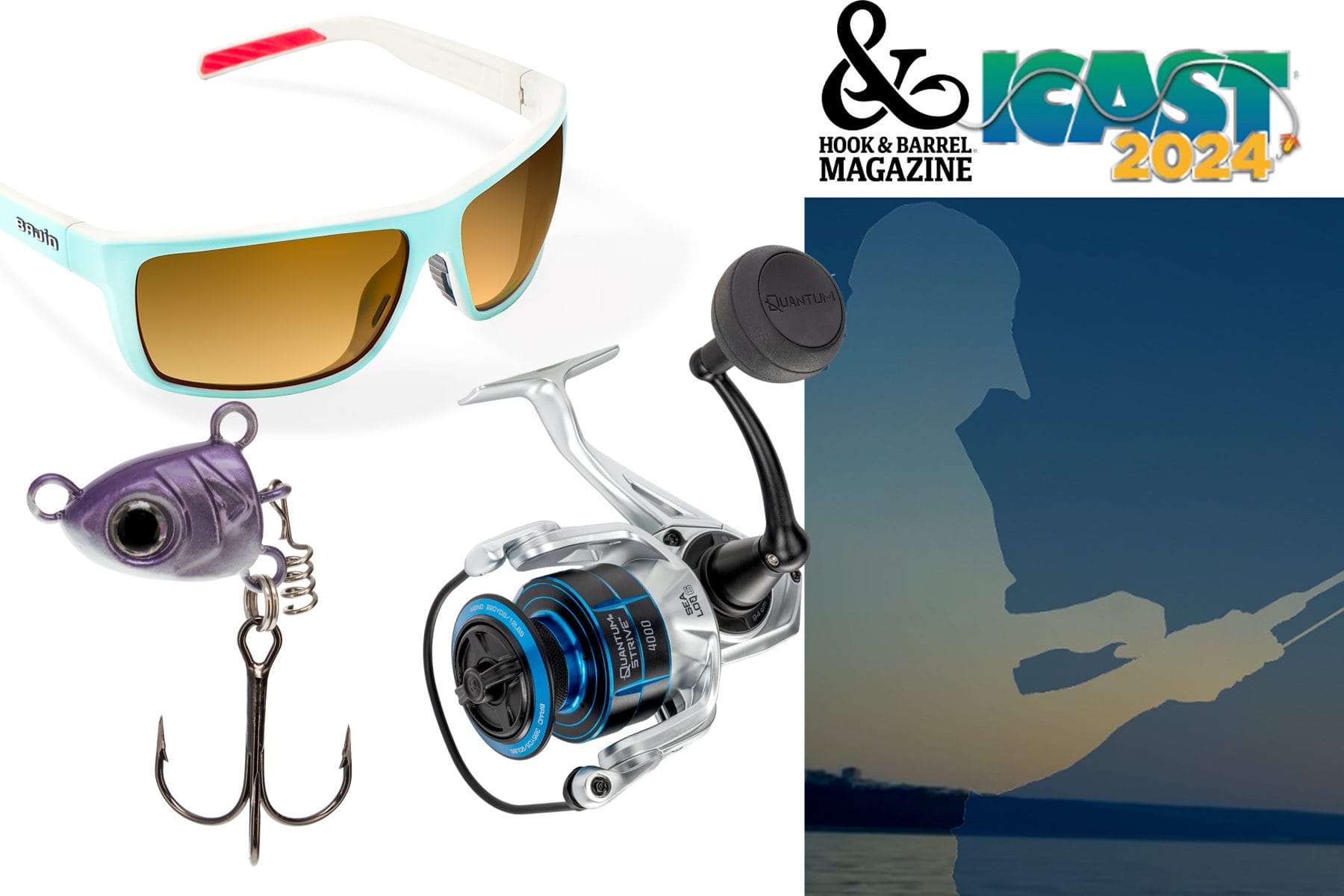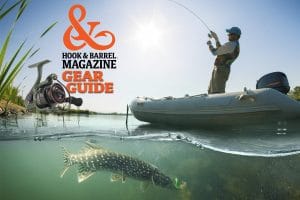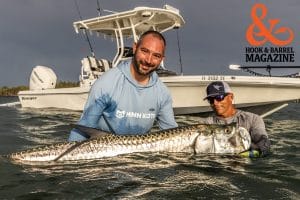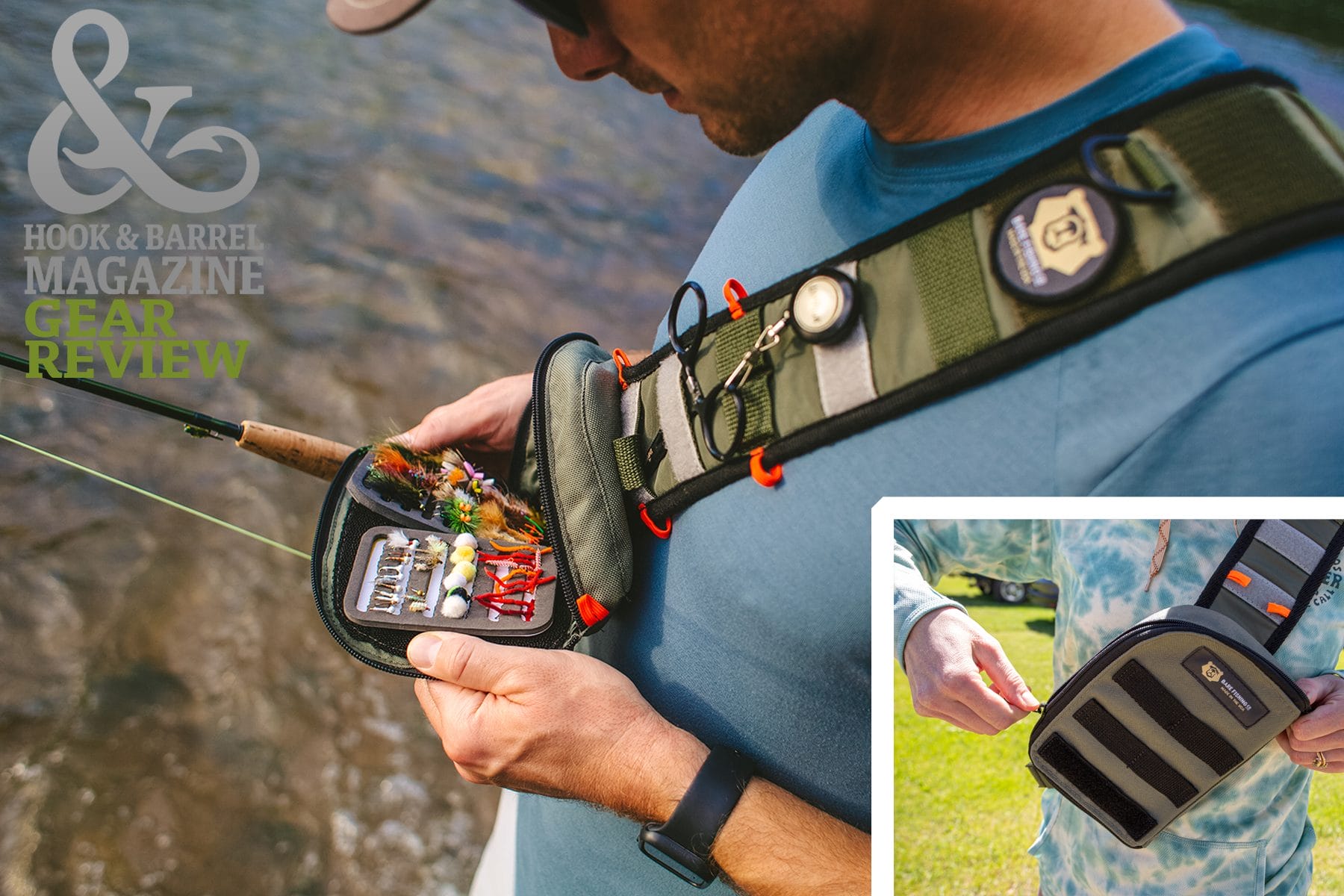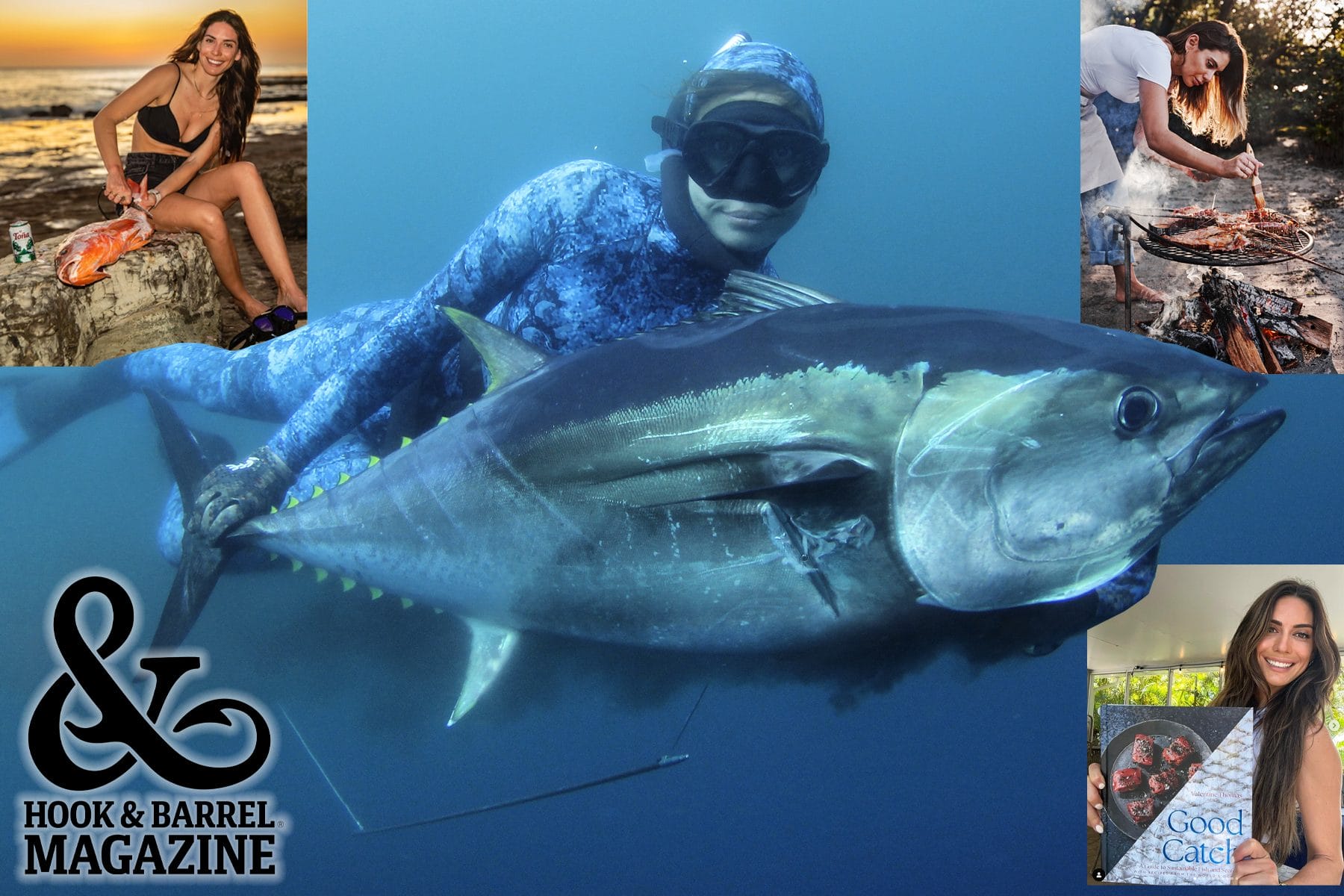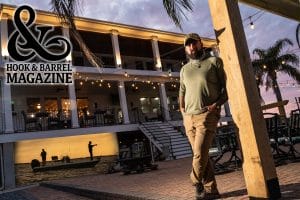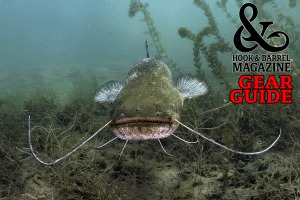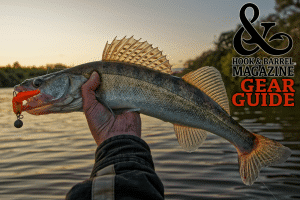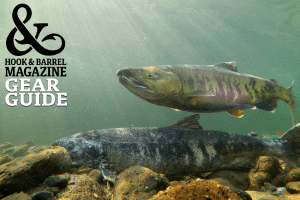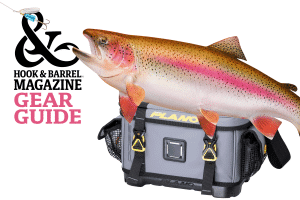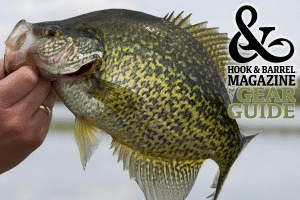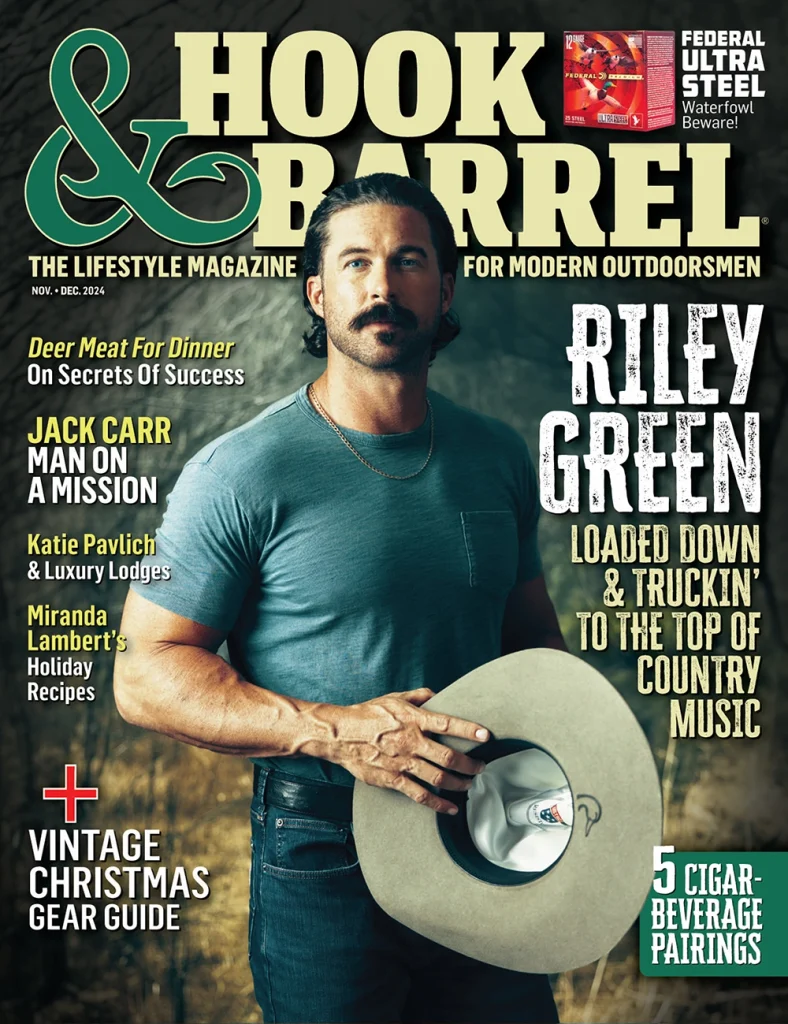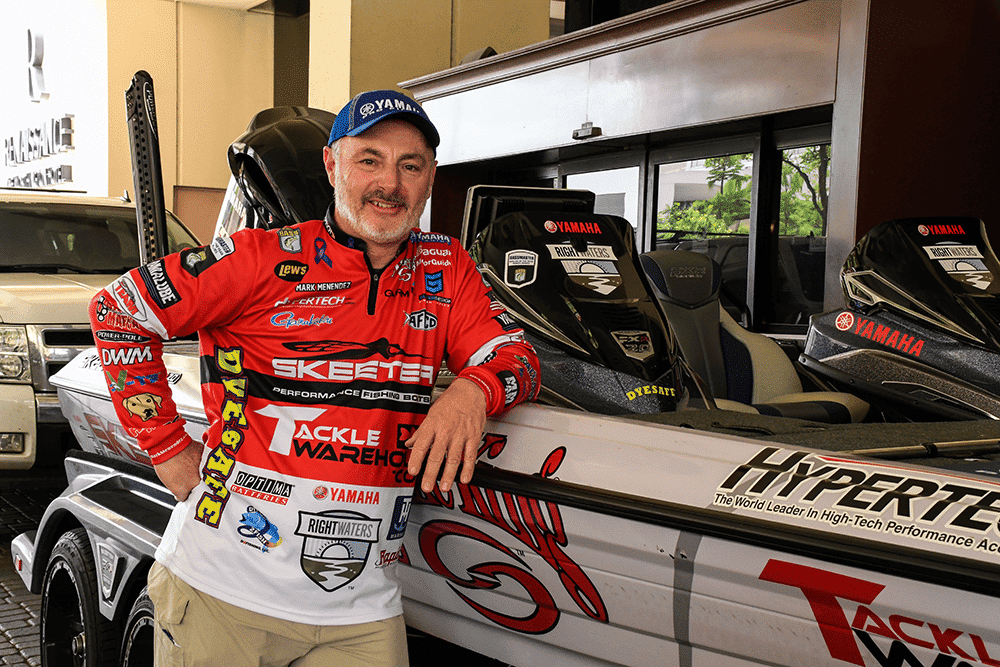
You think you have what it takes. Fish fear you. You have more tackle than BassPro Shops. Heck, you’re even sporting the tell-tale sign of an angler: the racoon eyes sunglass tan line from constant time on the water. But do you really have what it takes? Recently, I had the opportunity to sit down with up-and-coming pro anglers as well as seasoned veterans of the sport. Sitting at a table in Fort Worth, Texas, with Bassmaster Elite Series and Yamaha Fishing sponsored pro anglers, Mark Menendez , Jason Christie, and Darold Gleason, I asked a simple question, “What does it take?” That sparked a lively conversation. Fishing for answers.
What was that thing that took you from weekend warrior to pro fisher?
Mark Menendez : I look at it like this – I may not be the best angler in the world, though I have been at an elite level for 30 years, but it all comes down to one word for me – desire. I designed my life around fishing and I got a degree in fisheries biology. At 25, I fished my first tournament in Montgomery, Alabama. And I didn’t get married until I was 39. Didn’t have my first kid until later that year (late 39 makes it sound like 1939. Everything went on hold for fishing.
Jason Christie : I’m different from Mark. He says it’s desire. For me, it was financial. I was teaching/coaching in Oklahoma. Oklahoma I think is ranked 48th in pay for educators. You can’t make a living doing that. It got to a point where I was fishing so much in tournaments to make ends meet, that I came to a crossroads. The kids weren’t getting the best of me and neither was fishing. I had to make a choice. The last year I coached, I had a great group of kids, and we had just won state. I had two moms chew me out. And we had just won! That moment I said to myself, “I can’t do this any longer.” So I took fishing full time.

Darold Gleason : I was a teacher too. I feel like it was an opportunity the good Lord afforded me, and I took it. I have friends back home in Toledo Bend who may be better fisherman than me , but, at 2 a.m. when that alarm goes off before a tournament, and I have to wake up, meet the media, and do interviews, and still fish all day, it becomes a job.
Adding one last comment, Christie jumped back in:
To Mark’s point, you have to be willing to sacrifice. There’s the travel and being away from your family all the time. I’ve missed so many important events like birthdays with my kids, holidays, games … but that’s the sacrifice you have to make to do this.
So with two out of the three of y’all being former educators, how do you feel you give back to the youth or better yet, all the high school fishing teams?
Jason Christie : Whether it be contact through social media, emails, or running into some kid at the store, I feel being approachable and generous with your knowledge is important for the sport.
The conversation continues on with similar sentiments when Mark Menendez speaks up.
Mark Menendez : Here’s an interesting thing about the group of guys we compete against: 30 percent of them have come through the high school ranks, through the college ranks, and stepped immediately into the Elite Series. It took me 10 years. These guys are stepping into this at 24. The high school and college side of this has expedited the learning curve. Plus, the Internet. Kids today who are watching us fish live on the web and see one of us develop a new technique in real time, are able to take that immediately to the water. We just didn’t have that back then.
As representatives of the sport, you have to carry yourself in a professional manner for all those watching. How do you do that?
Mark Menendez : I’m at the tail end of my career. My focus has shifted to leaving the sport a better place than I found it. I’ve partnered with Yamaha’s RightWaters on the conservation side with a focus on invasive species like the Asian carp. Fishing has provided a solid living for my family and I, and I want to pass that on to the next generation of fisherman.
Jason Christie : My biggest deal is to be a real person. So the viewers watching me fish on TV know that there is the chance to do the same. That is what gets people fishing.

Darold Gleason : Also, you have the sponsors. They are watching too. At any given time there are probably 25 people who want to take your spot, and 18 of them are good enough to do so. Each day I am grateful for all those that chose to work with me. It’s not just about winning for them, it’s about the person wearing their logo on their jersey.
How big is the mental aspect of this sport?
Darold Gleason : It’s hard not to get into your own head. Tournament fishing is the biggest mental challenge of any sport in my opinion. I guess you can compare it to golf. You’re all alone, against the best guys in the world, all fishing for the same thing.
Mark Menendez : The hardest part of the mental game is when you line the dominos up, flick them, and they are going down as expected, and the last one happens to be a seven-pound fish, you nail the presentation, you hook him, he is almost in the boat, and the darn thing still gets off the hook. That’s the mountain you have to get over. You may not get another chance at that fish. That may be worth thousands of dollars and 20 more tournament points. But you have to move on because the next cast could be an eight-pounder.
Jason Christie : Every time I hear the national anthem before a tournament, I think about those guys who served. It humbles me. Even though I have 3,000 people on the bank watching me, I have to remember, this is just a fishing tournament.

